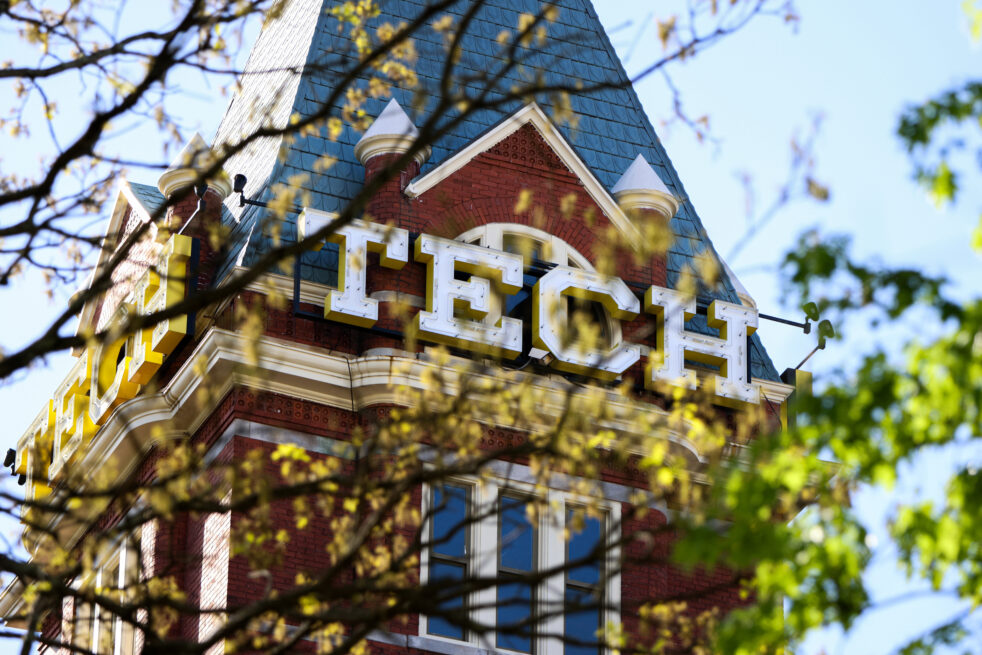To some, taking a flight, checking into a resort and using a tour guide to see famous landmarks is the preferred way of travel. To others, buying a random train ticket, fitting all their belongings into a backpack and making friends with strangers is more ideal. To me, both experiences have value, but neither is perfect or realistic.
I love to travel, but a constant worry I have is whether I am traveling the right way or not. The age-old, traveler versus tourist debate has divided globetrotters time and time again. People view those who seek discomfort, spend nights on trains and reject popular landmarks as the real travelers, while those who seek relaxation, prefer organized itineraries and focus on capturing the perfect picture to post on Instagram are reduced to the sell out tourists. The problem with this divide is that it diminishes the value of making travel experiences that are personal.
Earlier this year, I was exploring the Louvre with some friends. I had never been, and I was eager to see “The Mona Lisa.” I expected to be in awe of such a culturally iconic and popular image. Instead, I was pushed to the other side of the room by a pack of selfie sticks, poking elbows and countless tour groups all trying to fight their way forward to take a picture of a 30 x 21-inch canvas. At that moment, I realized there were hundreds of other renowned, timeless paintings in the Louvre, but it seemed like every visitor crammed into one room — and I was at fault for it too. This is one of the main problems associated with superficial tourism. Documenting an experience is not the same as living it. As Kris Belden-Adams describes in “Photographing Everything and Seeing Nothing,” the idea of posting a photo on Instagram to prove that you were there is a “certificate of presence.” The obsession of taking endless photos of famous landmarks lessens the chance of making genuine memories. This form of tourism prevents us from seeing a site for what it is, and our ability to form our own impressions.
The “traveler” identity, often seen as the opposite of tourism, is not without its own faults either. The idea that travelers should live on their own schedule and avoid major landmarks is problematic and pretentious. Not everyone has months of paid time off or the privilege to travel to a city without at least a loose itinerary. Realistically, the people who save their money to travel often want to see the Eiffel Tower in Paris or the Great Pyramids in Egypt, instead of getting off the train at a random stop. The traveler mindset also preaches to make your own adrenaline rushes rather than using money to create fake ones. But, paid experiences can still be incredibly meaningful. It took me months to convince my parents to allow me to bungee jump, and when we took a family trip to New Zealand, they finally agreed. Although I technically created an experience by paying, jumping off that bridge remains one of the most memorable experiences of my life.
The tourist-traveler debate is too rigid. Instead of worrying about fitting into one label or the other, people should focus on remembering a destination in the way that feels right to them. I personally like to combine both sides of the debate to fill my trip with as many experiences as possible. I’ve spent 12 hours on an overnight train from France to Germany using my knapsack as a pillow, and I’ve snorkeled in the Atlantic Ocean with a professional guide. I wandered the streets of Singapore with my cousins at 2 a.m., and I also bought tickets for a tour to chase the Northern Lights in Norway. None of these experiences meant less than the others, nor have I regretted any of them. What I remember months after a trip is usually not the annoyance I felt when people were taking too many pictures, but the amused looks I shared with my friends when we were pushed to the back of the gallery. The real answer to traveling is striking a balance to create an unforgettable trip.. At the end of the day, gaining the courage to leave your home and navigate a new culture is what matters most at all. Having the ability to see the world is far more important than worrying about how you’re going to see it.
